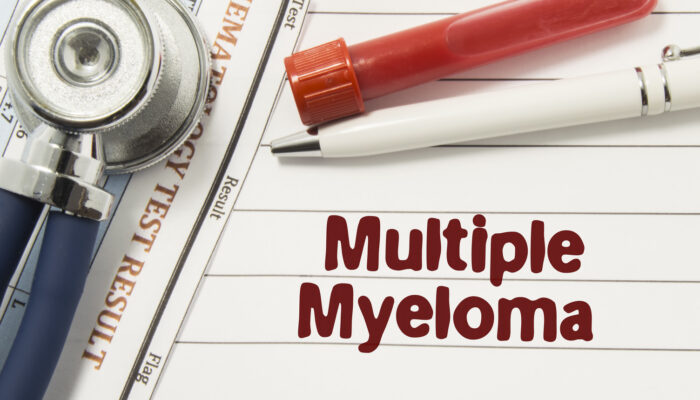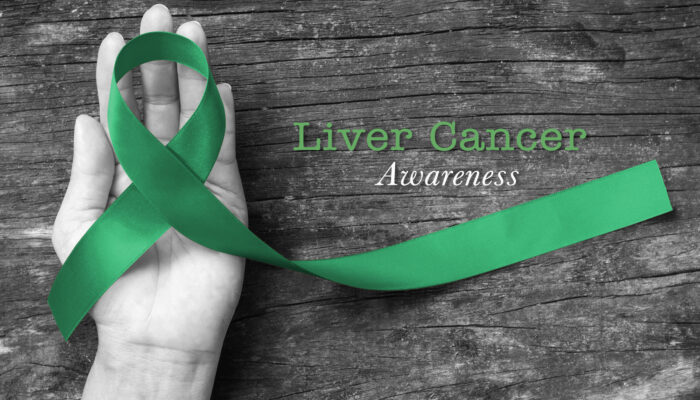
Treatment for Alcohol Addiction and Substance Abuse
Millions of people have experienced the use of alcohol. Some drink only on special occasions, some drink socially, some drink when stressed, and others drink constantly. Many people think that those who drink constantly are alcoholics, and can stop any time they put their minds to it. This type of thinking is not always true. Alcoholics are suffering from the disease alcoholism. The alcohol abuser drinks uncontrollably, and does not have the willpower to stop. This disease needs professional treatment in order for the user to be able to resist the temptation to drink.
An alcoholic will never be cured, but they can learn to live without alcohol one day at a time with these treatments:
1. In or outpatient treatment
Treatment for alcohol addiction can be either an inpatient or an outpatient setting. Alcohol use disorder has been classified as a brain disease. The changes in the brain caused by alcohol makes it difficult for a person to stop. There are many treatment options available for those who have the desire to be in control of their lives. some treatments include one on one counseling, group therapy, medication therapy, cognitive behavioral therapy, and detoxification. Talking with a doctor, counselor, or psychologist can help the patient determine which type of treatment is best for them.
2. Medication therapy
Medication therapy will not cure alcohol abuse disorder, but it may make the patient feel as though they do not want to drink after the medicine is completely in their system. Sometimes, this type of therapy will make the person feel sick although the desire to drink will be less.
3. Alcohol detoxification
Detox is one of the first steps in alcohol treatment after entering an alcohol rehabilitation center. The first few days may be the most difficult because the patient usually experiences withdrawal symptoms that could get severe. For this reason it is important that this can only be done under the supervision of professional personnel. During this stage, medication may be given to help ease the pain. After detox, the patient is ready to move forward to other forms of treatment.
4. Inpatient rehabilitation
This is a structured treatment environment where different types of treatment will be offered that best suits the patient. Here, group therapy, equine therapy, cognitive behavioral therapy, and one on one counseling will be available to each patient. Many of these therapies are also offered at outpatient rehab clinics. Using animals as a focal point for many alcohol users helps them connect with their emotions while being around an animal. This also helps build vital core skills.
5. Individual counselling
Deciding that help is needed is the first big step to overcoming alcoholism, and starting on the road to recovery. The treatment options are designed to help each individual better manage the disease. The type of treatment will be based on what the patient and the therapists feel is best for them. Individual counseling helps open the door for the other therapies where the patient can be comfortable while interacting with the other patients.



